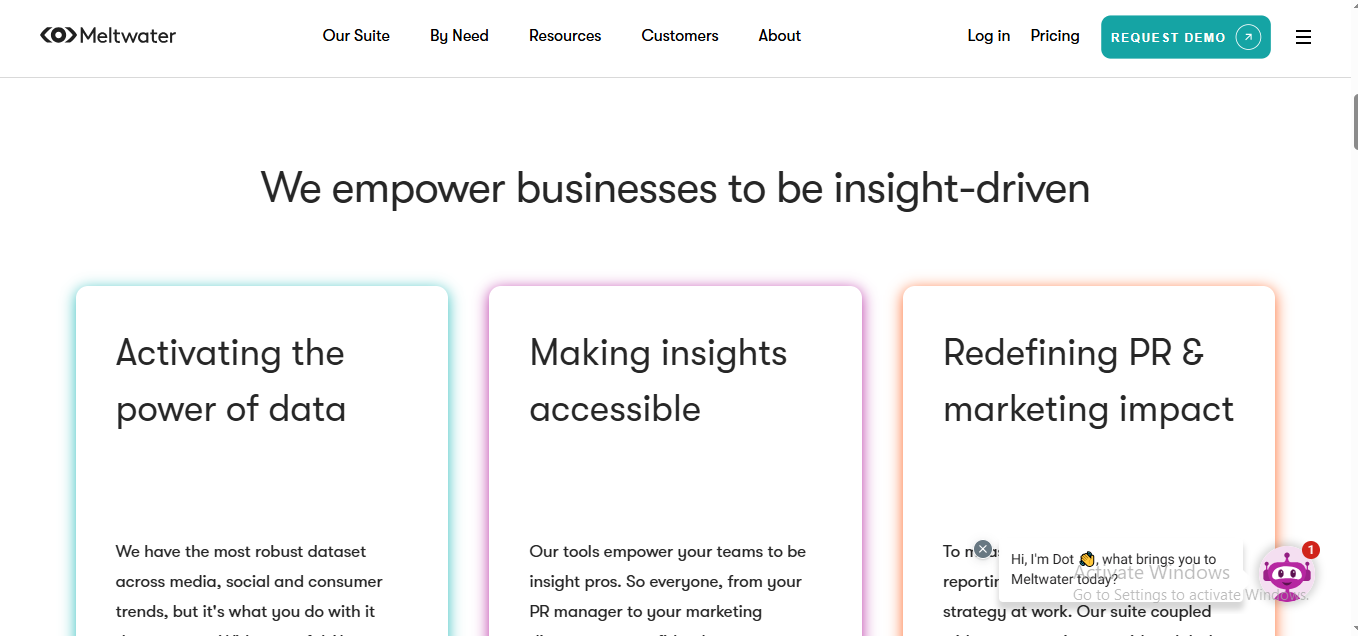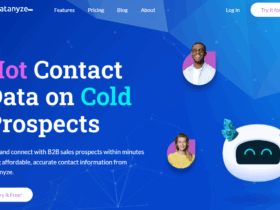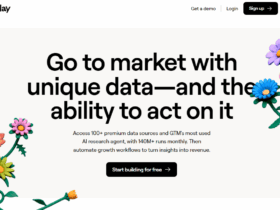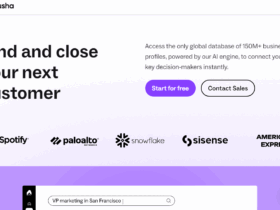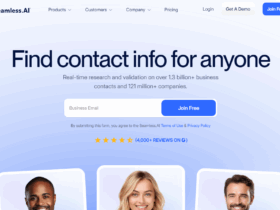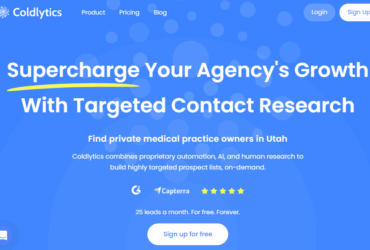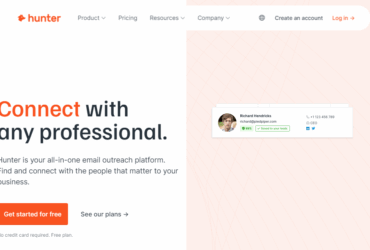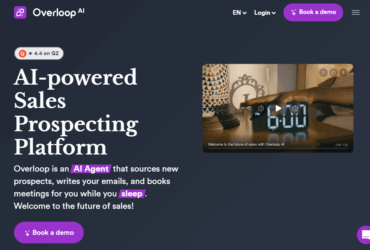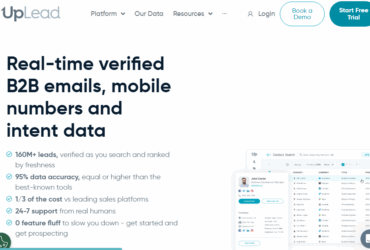Hey there, fellow marketers! 👋 If you’re anything like me, you’ve probably had your fair share of experiences with Meltwater. It’s a solid tool, but let’s be real—sometimes it feels like using a sledgehammer to crack a nut. So, I went on a mission to find the best alternatives out there. After diving deep into the influencer marketing world, I’ve come up with a list of platforms that might just be your next go-to. Let’s get into it!
1. Mavrck
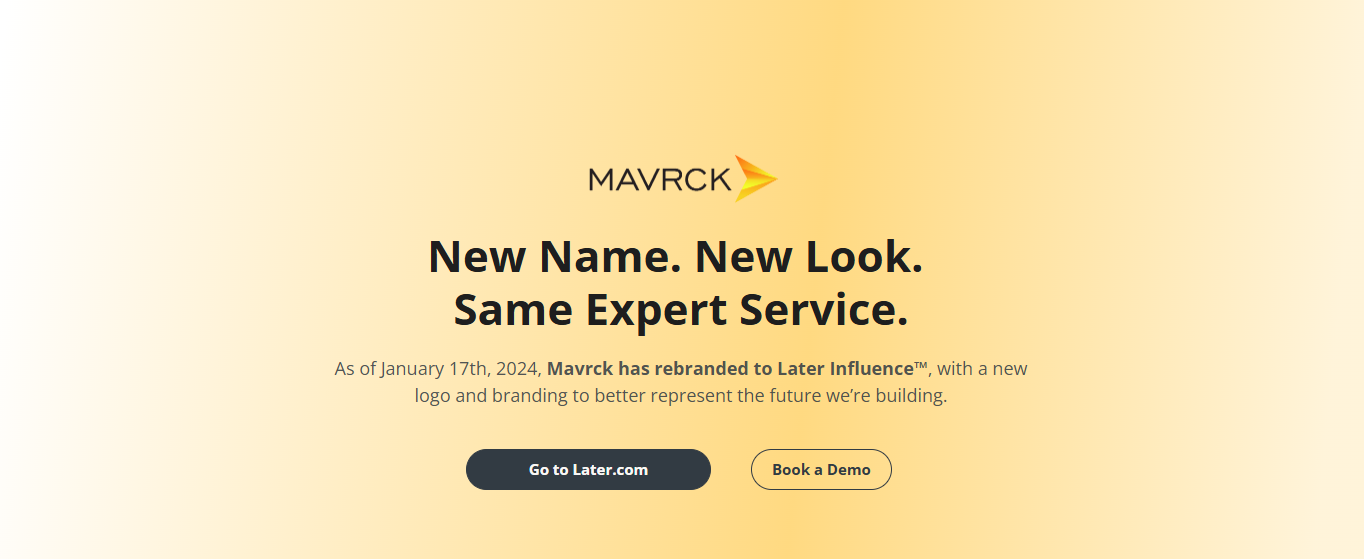
What I Loved: Mavrck is like the Swiss Army knife of influencer marketing. It offers a comprehensive suite of tools that cater to every stage of your campaign—from discovery to analytics. The platform’s integration capabilities are top-notch, making it easy to sync with your existing marketing stack.
What I Didn’t Love: The learning curve can be a bit steep for newcomers. Also, the pricing is on the higher side, which might not be ideal for smaller businesses.
Pricing: Custom pricing based on your needs.
2. The Cirqle
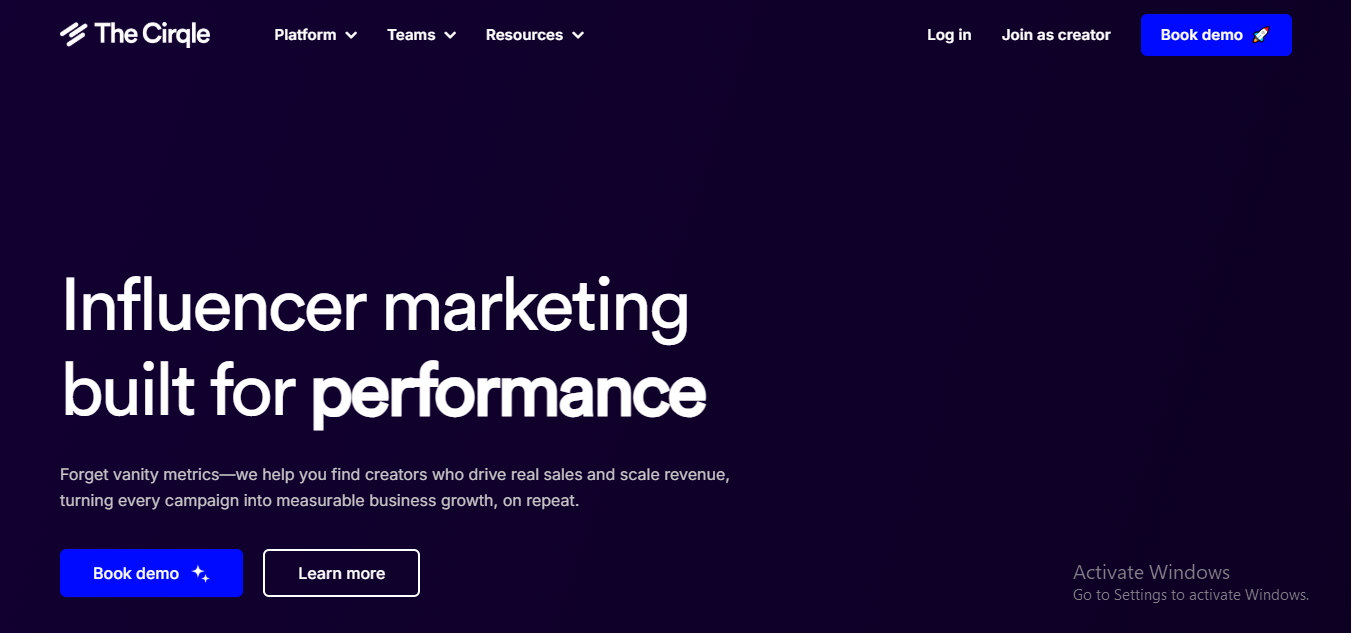
What I Loved: The Cirqle is all about performance. Their AI-driven platform focuses on driving real sales rather than just vanity metrics. The integration with Shopify is a game-changer for e-commerce brands.
What I Didn’t Love: The platform might be a bit too focused on sales metrics, which could be limiting if you’re looking for broader brand awareness campaigns.
Pricing: Offers a free trial with custom pricing thereafter.
3. Influencity
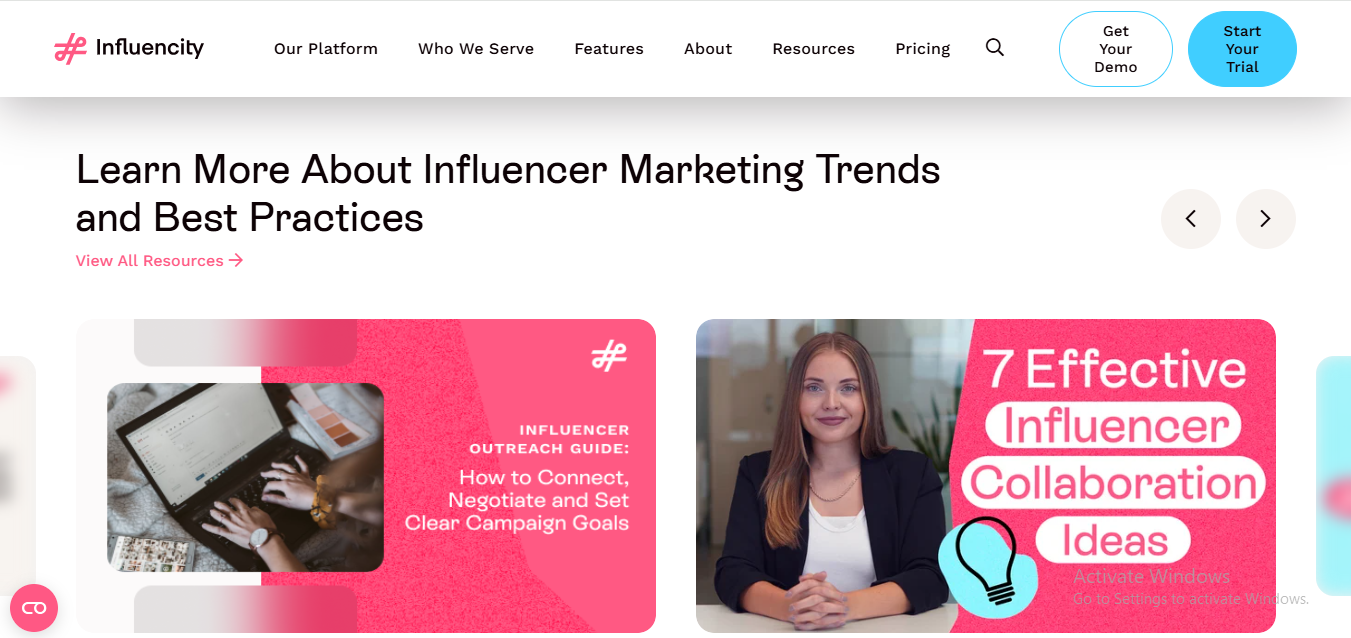
What I Loved: Influencity offers a robust set of tools that cover everything from influencer discovery to campaign reporting. The AI-powered search filters are incredibly detailed, allowing you to find the perfect match for your brand.
What I Didn’t Love: The user interface could use a bit of modernization. It’s functional but lacks the sleekness of some competitors.
Pricing: Starts at $168/month, with a 7-day free trial.
4. GRIN
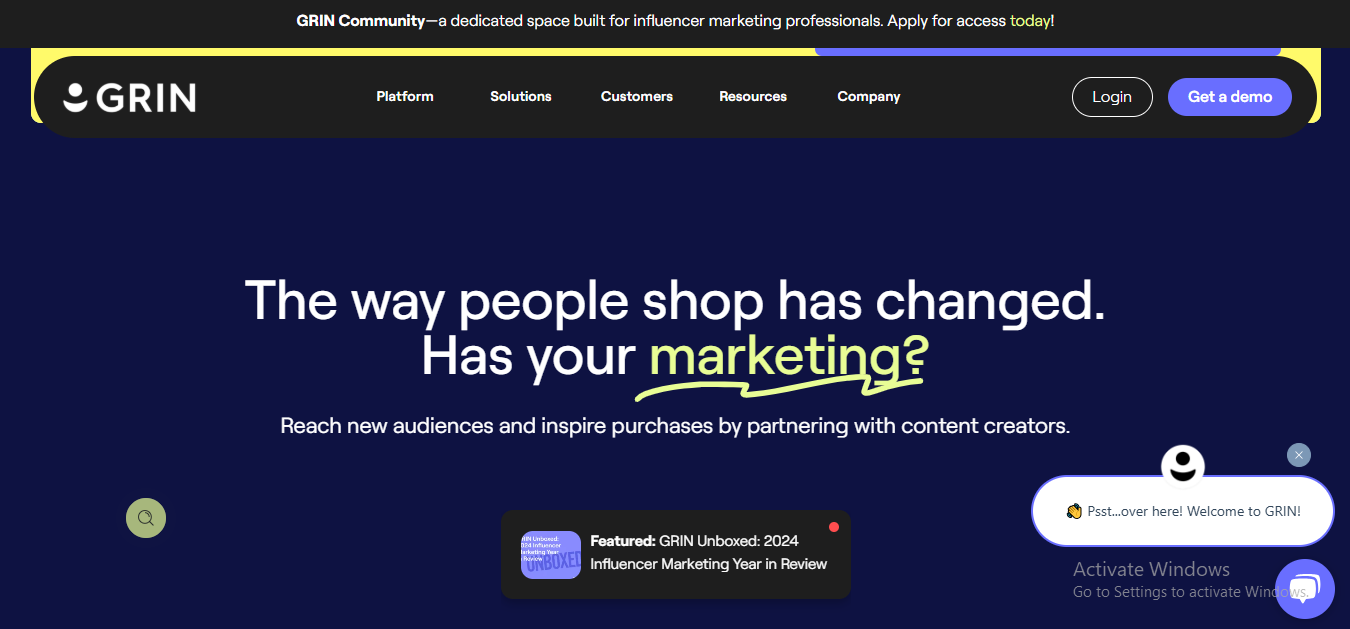
What I Loved: GRIN is a powerhouse when it comes to managing influencer relationships. The platform excels in streamlining communication and tracking ROI. It’s particularly strong in the e-commerce space.
What I Didn’t Love: The onboarding process can be a bit overwhelming due to the platform’s extensive features.
Pricing: Custom pricing based on your requirements.
5. Hashtag Paid
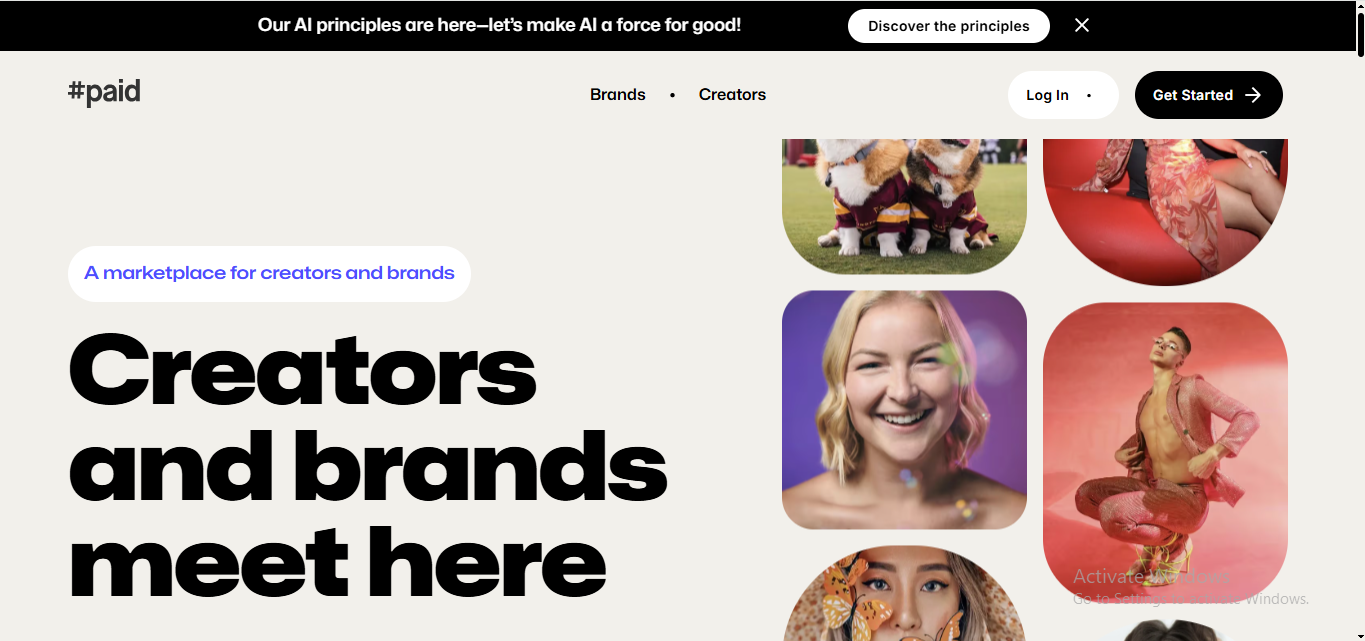
What I Loved: #paid stands out with its “Handraise” feature, allowing creators to express interest in your campaigns. This ensures a more authentic collaboration. The platform also offers excellent customer support.
What I Didn’t Love: The creator pool is somewhat limited compared to other platforms.
Pricing: Custom pricing tailored to your campaign needs.
6. Lolly
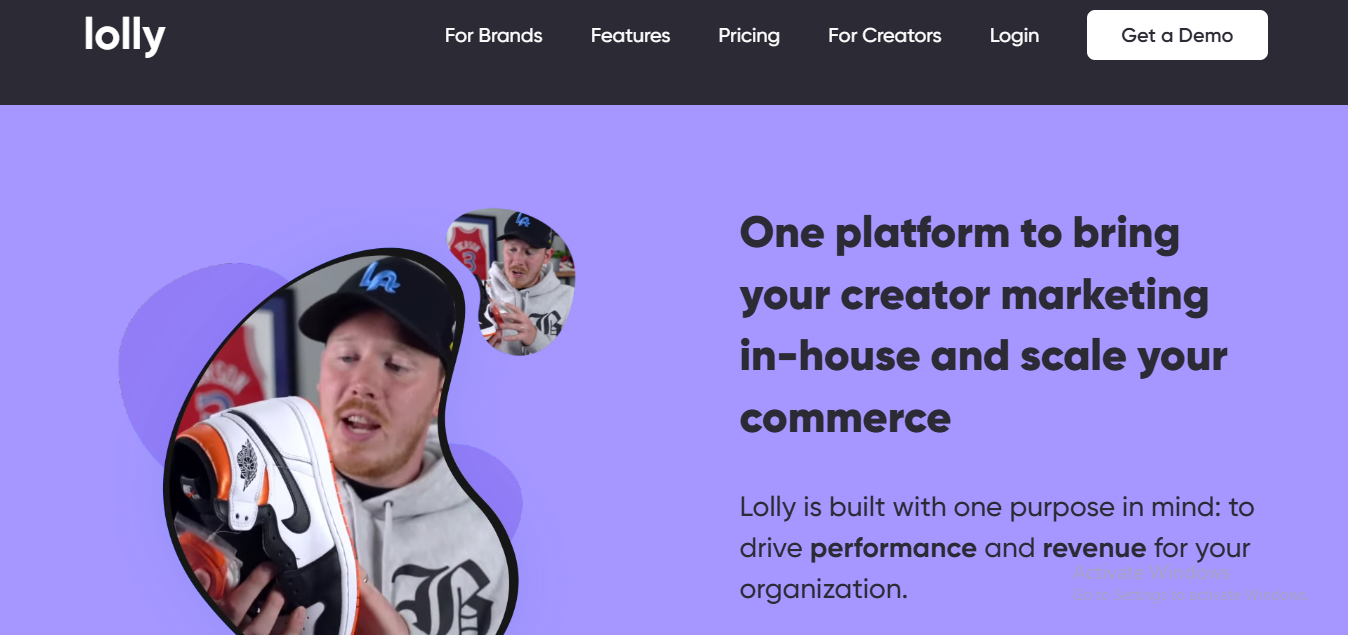
What I Loved: Lolly is designed with performance in mind. The platform simplifies the process of launching campaigns and provides real-time analytics to optimize performance. It’s particularly effective for brands looking to drive sales through influencer partnerships.
What I Didn’t Love: The platform is relatively new, so it lacks some of the advanced features found in more established competitors.
Pricing: Offers a free trial with custom pricing thereafter.
7. The Influencer Room
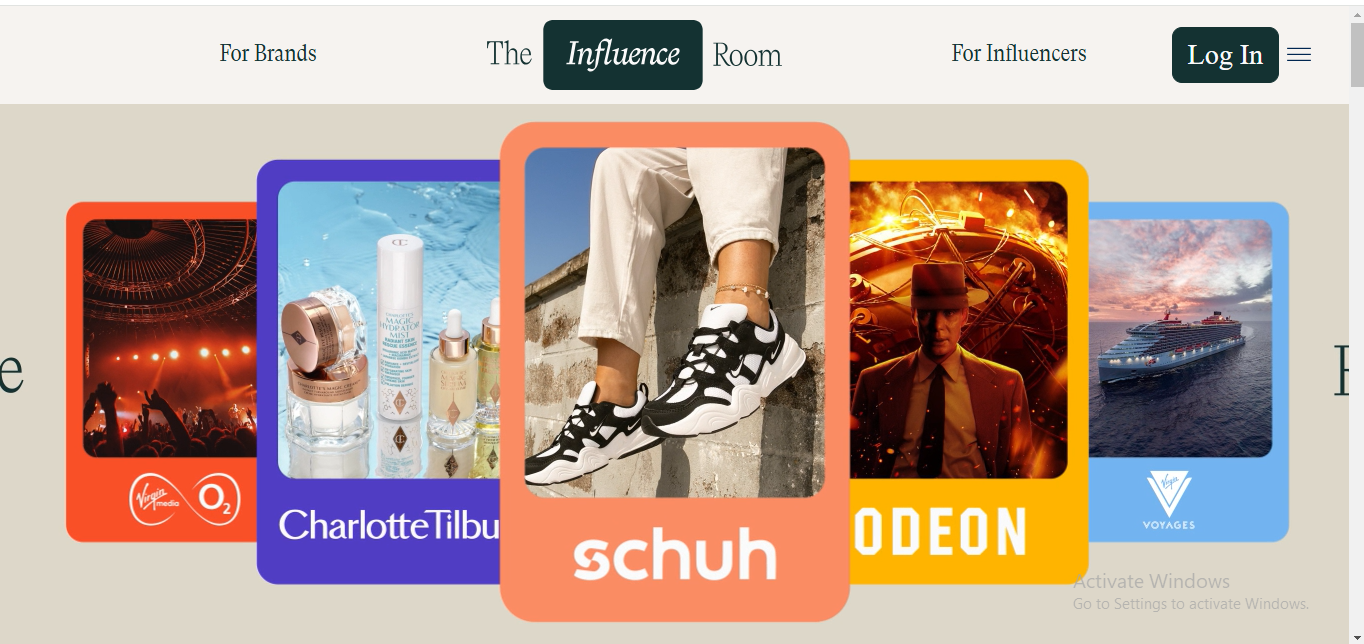
What I Loved: The Influencer Room focuses on building genuine relationships between brands and creators. The platform emphasizes authenticity, ensuring that collaborations feel natural and resonate with audiences.
What I Didn’t Love: The platform’s features are more limited compared to others on this list, making it less suitable for large-scale campaigns.
Pricing: Custom pricing based on your needs.
8. Captiv8
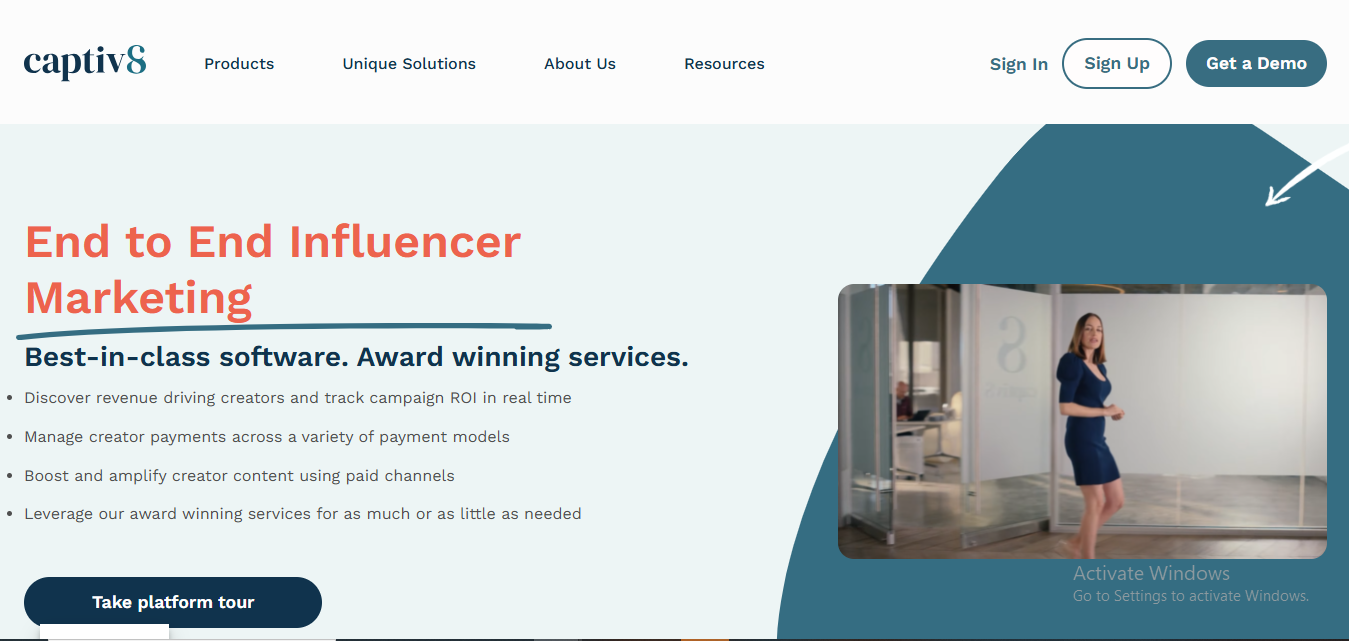
What I Loved: Captiv8 is like the Swiss Army knife of influencer marketing platforms. It offers a comprehensive suite of tools that cater to every stage of your campaign—from discovery to analytics. The platform’s integration capabilities are top-notch, making it easy to sync with your existing marketing stack.
What I Didn’t Love: The learning curve can be a bit steep for newcomers. Also, the pricing is on the higher side, which might not be ideal for smaller businesses.
Pricing: Custom pricing based on your needs.
9. Aspire
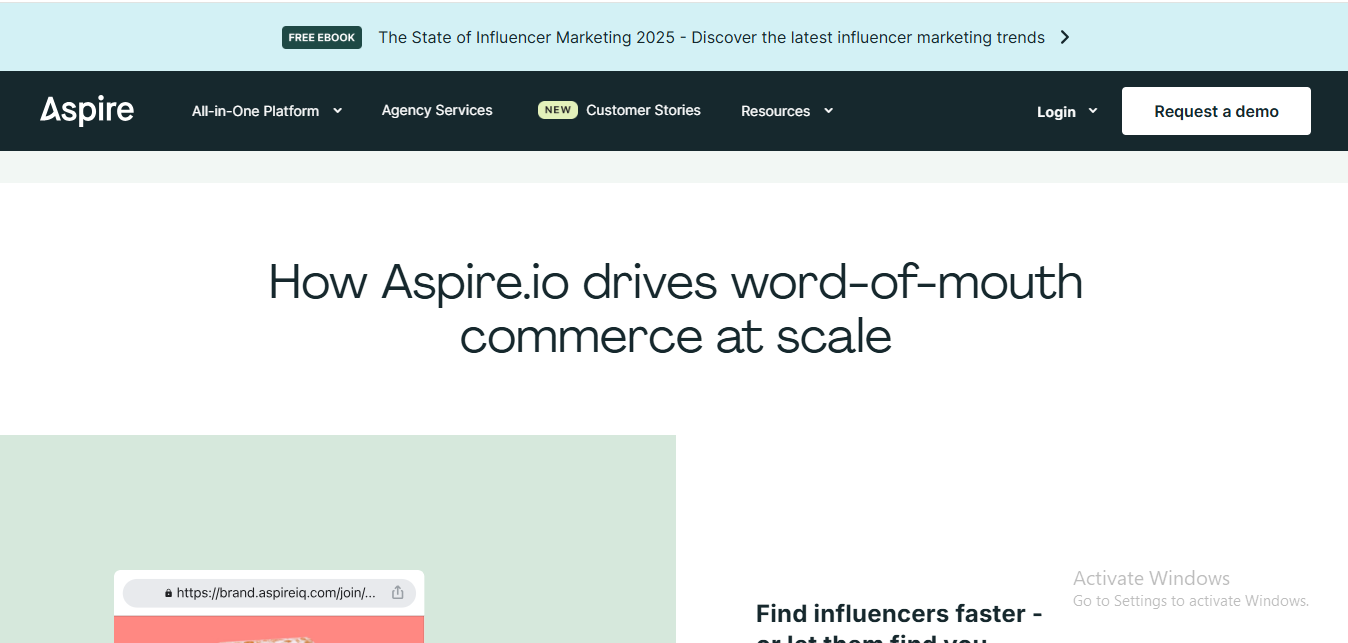
What I Loved: Aspire is a powerhouse for e-commerce brands. It offers a robust set of tools that cover everything from influencer discovery to campaign reporting. The AI-powered search filters are incredibly detailed, allowing you to find the perfect match for your brand.
What I Didn’t Love: The user interface could use a bit of modernization. It’s functional but lacks the sleekness of some competitors.
Pricing: Custom pricing based on your requirements.
10. TRIBE
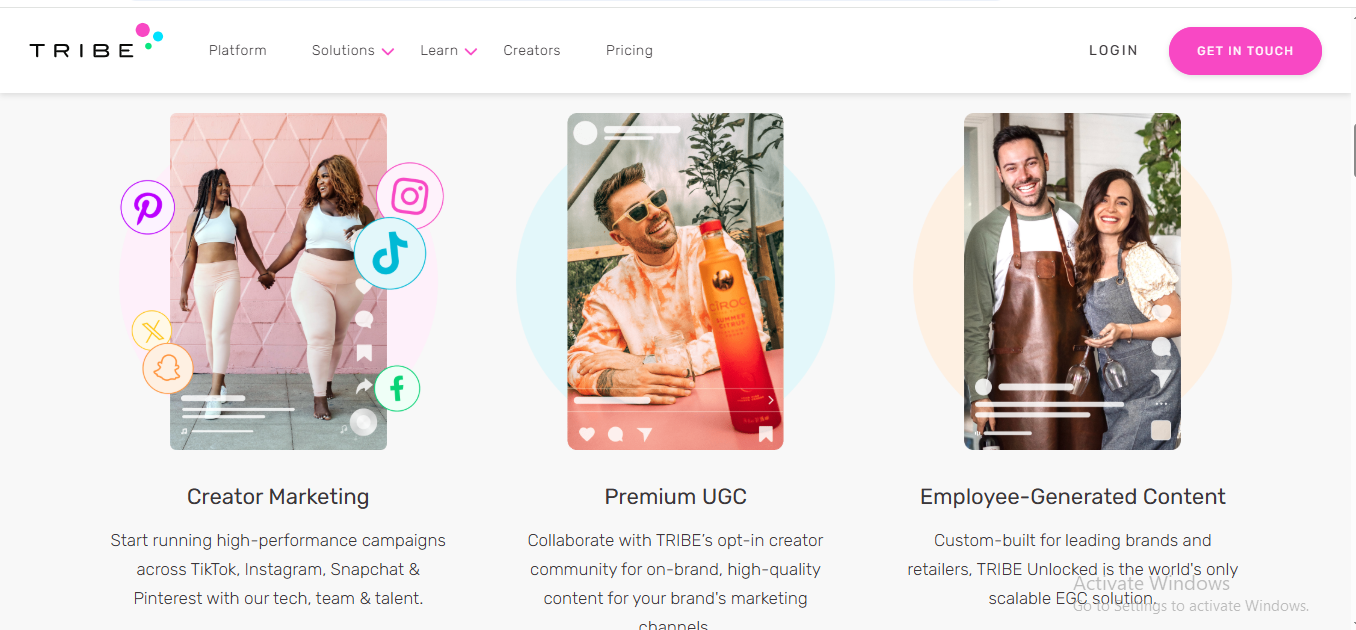
What I Loved: TRIBE is all about performance. Their AI-driven platform focuses on driving real sales rather than just vanity metrics. The integration with Shopify is a game-changer for e-commerce brands.
What I Didn’t Love: The platform might be a bit too focused on sales metrics, which could be limiting if you’re looking for broader brand awareness campaigns.
Pricing: Offers a free trial with custom pricing thereafter.
11. Braze
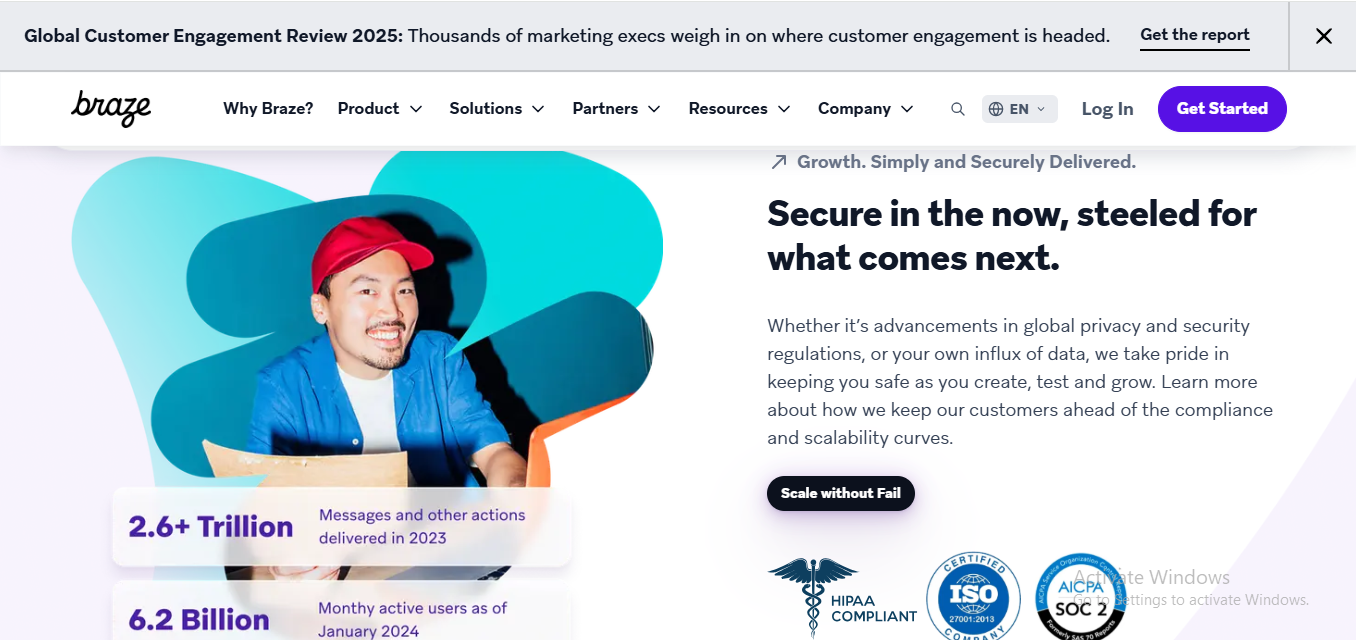
What I Loved: Braze is designed with performance in mind. The platform simplifies the process of launching campaigns and provides real-time analytics to optimize performance. It’s particularly effective for brands looking to drive sales through influencer partnerships.
What I Didn’t Love: The platform is relatively new, so it lacks some of the advanced features found in more established competitors.
Pricing: Offers a free trial with custom pricing thereafter.
12. IZEA
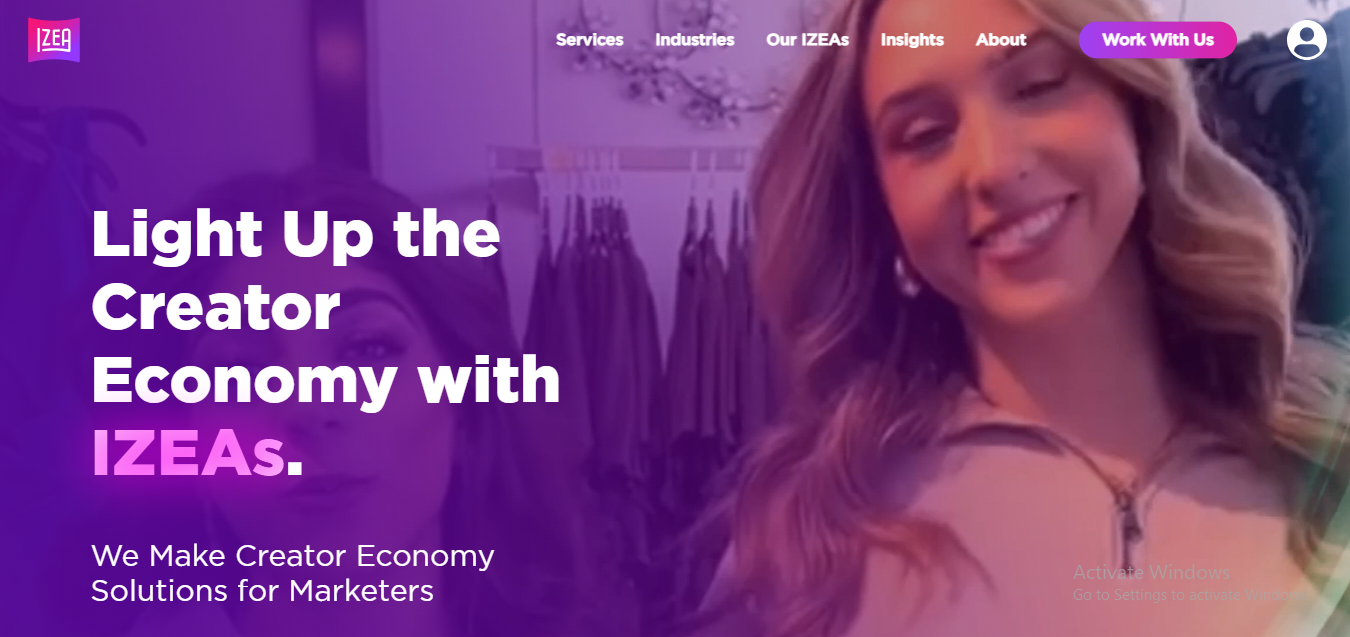
What I Loved: IZEA is like the OG of influencer marketing platforms. It’s been around the block and knows its stuff. The platform offers a comprehensive suite of tools that cater to every stage of your campaign—from discovery to analytics. The integration capabilities are top-notch, making it easy to sync with your existing marketing stack.
What I Didn’t Love: The learning curve can be a bit steep for newcomers. Also, the pricing is on the higher side, which might not be ideal for smaller businesses.
Pricing: Custom pricing based on your needs.
13. Insense
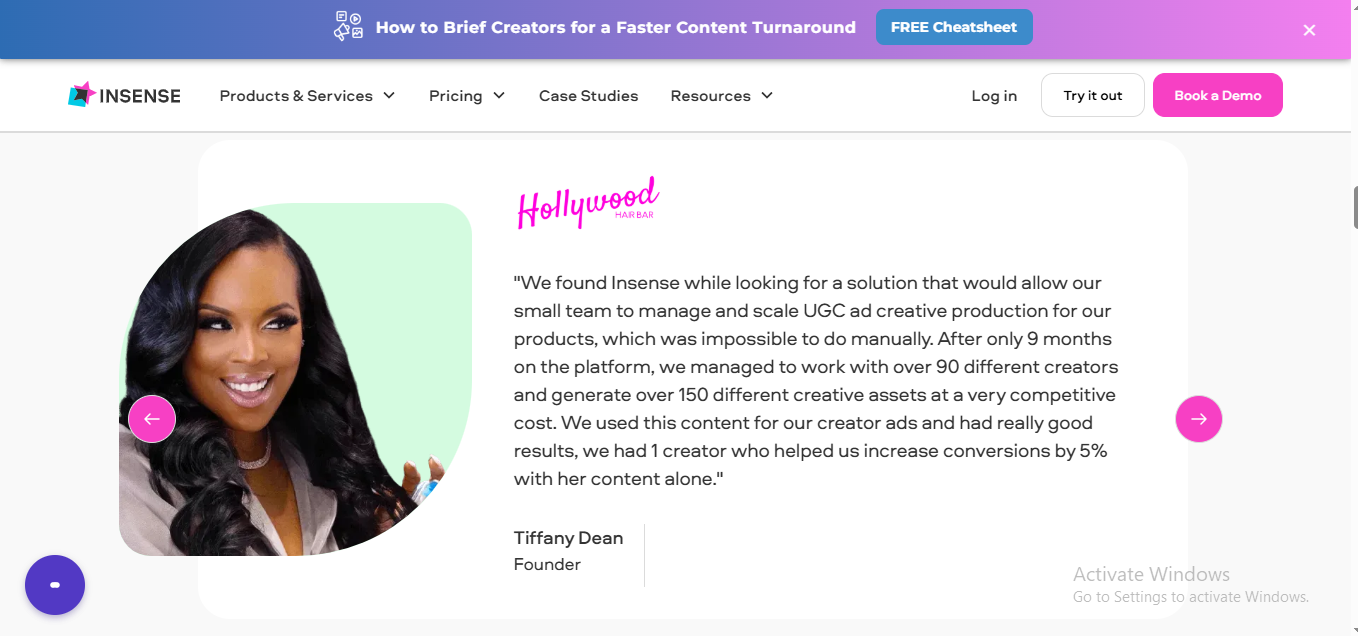
What I Loved: Insense is all about performance. Their AI-driven platform focuses on driving real sales rather than just vanity metrics. The integration with Shopify is a game-changer for e-commerce brands.
What I Didn’t Love: The platform might be a bit too focused on sales metrics, which could be limiting if you’re looking for broader brand awareness campaigns.
Pricing: Offers a free trial with custom pricing thereafter.
14. Influence.co
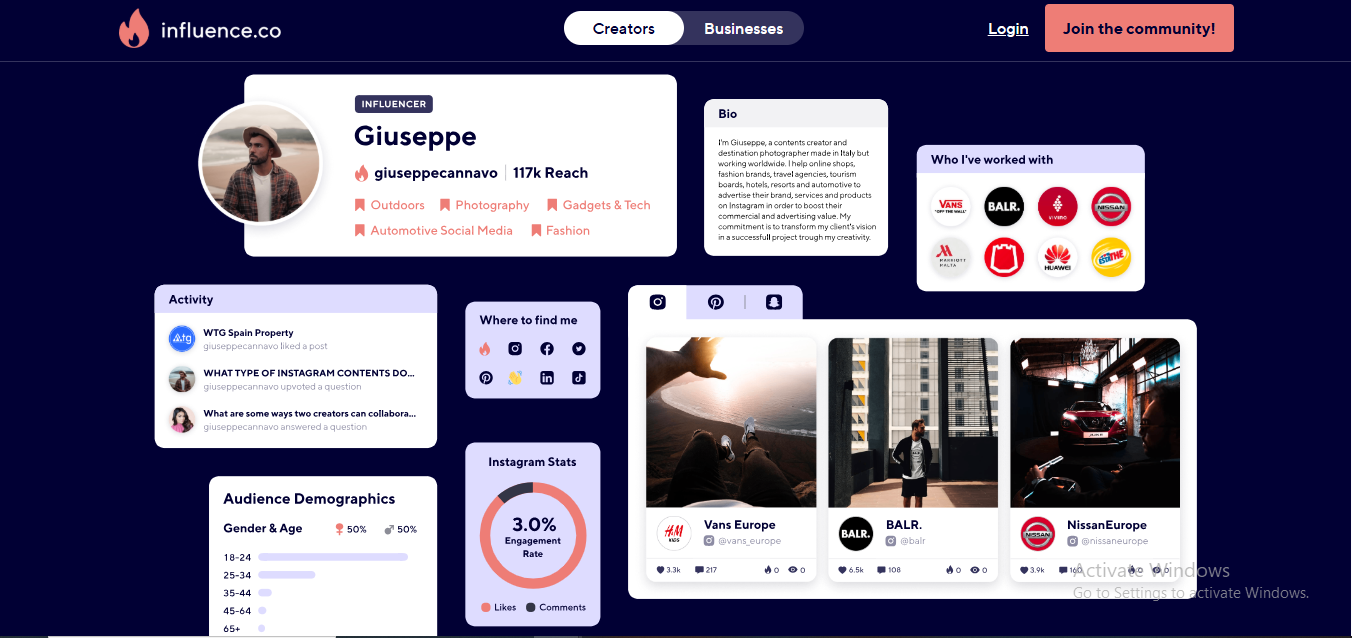
What I Loved: Influence.co offers a robust set of tools that cover everything from influencer discovery to campaign reporting. The AI-powered search filters are incredibly detailed, allowing you to find the perfect match for your brand.
What I Didn’t Love: The user interface could use a bit of modernization. It’s functional but lacks the sleekness of some competitors.
Pricing: Starts at $168/month, with a 7-day free trial.
15. Influencer.com
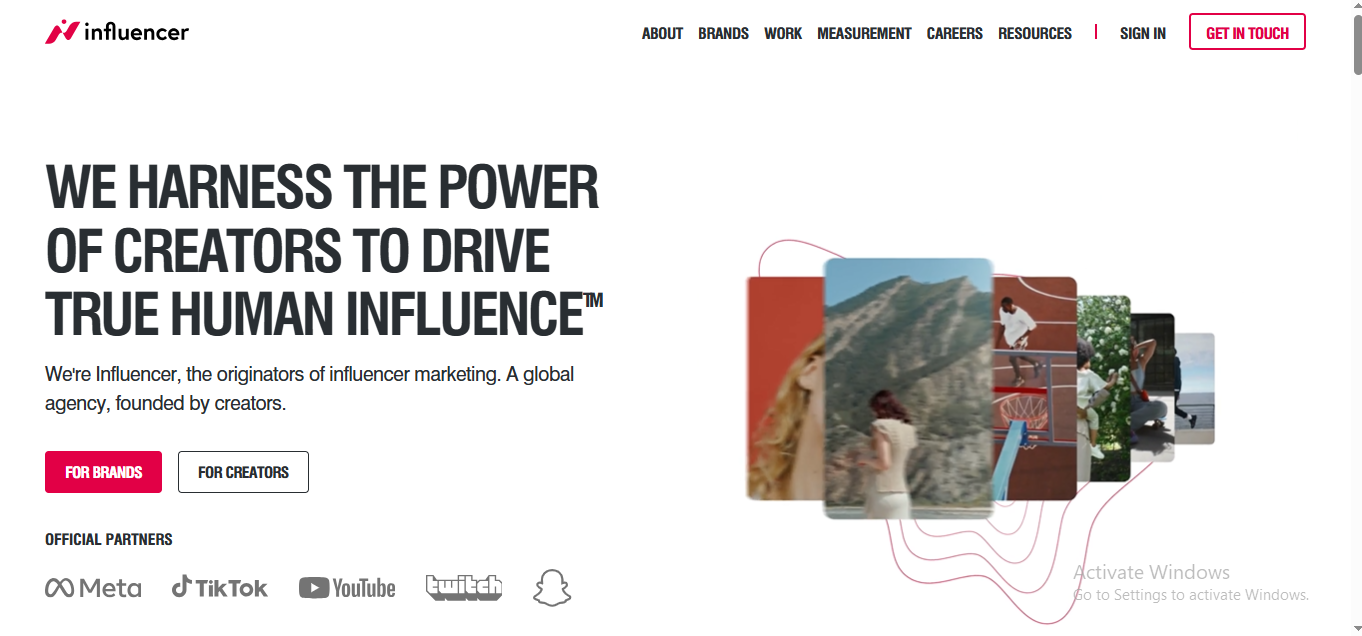
What I Loved: Influencer.com is a powerhouse when it comes to managing influencer relationships. The platform excels in streamlining communication and tracking ROI. It’s particularly strong in the e-commerce space.
What I Didn’t Love: The onboarding process can be a bit overwhelming due to the platform’s extensive features.
Pricing: Custom pricing based on your requirements.
16. Later
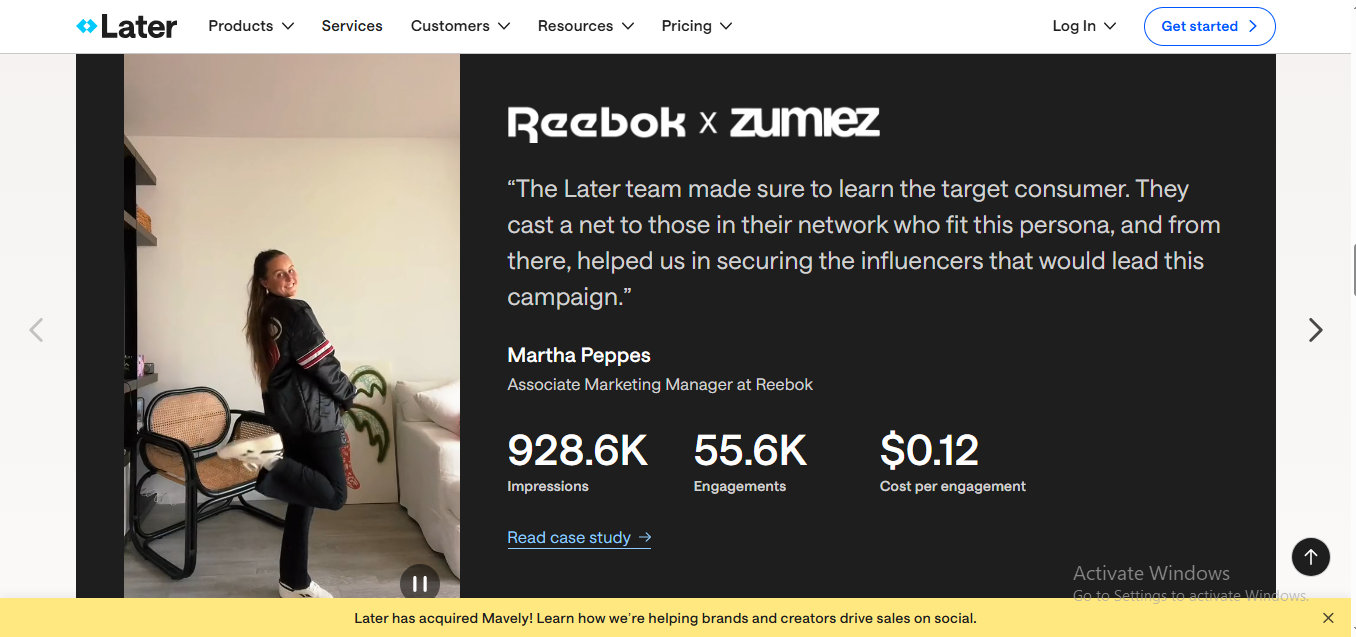
What I Loved: Later stands out with its “Handraise” feature, allowing creators to express interest in your campaigns. This ensures a more authentic collaboration. The platform also offers excellent customer support.
What I Didn’t Love: The creator pool is somewhat limited compared to other platforms.
Pricing: Custom pricing tailored to your campaign needs.
17. SHOUT Agency
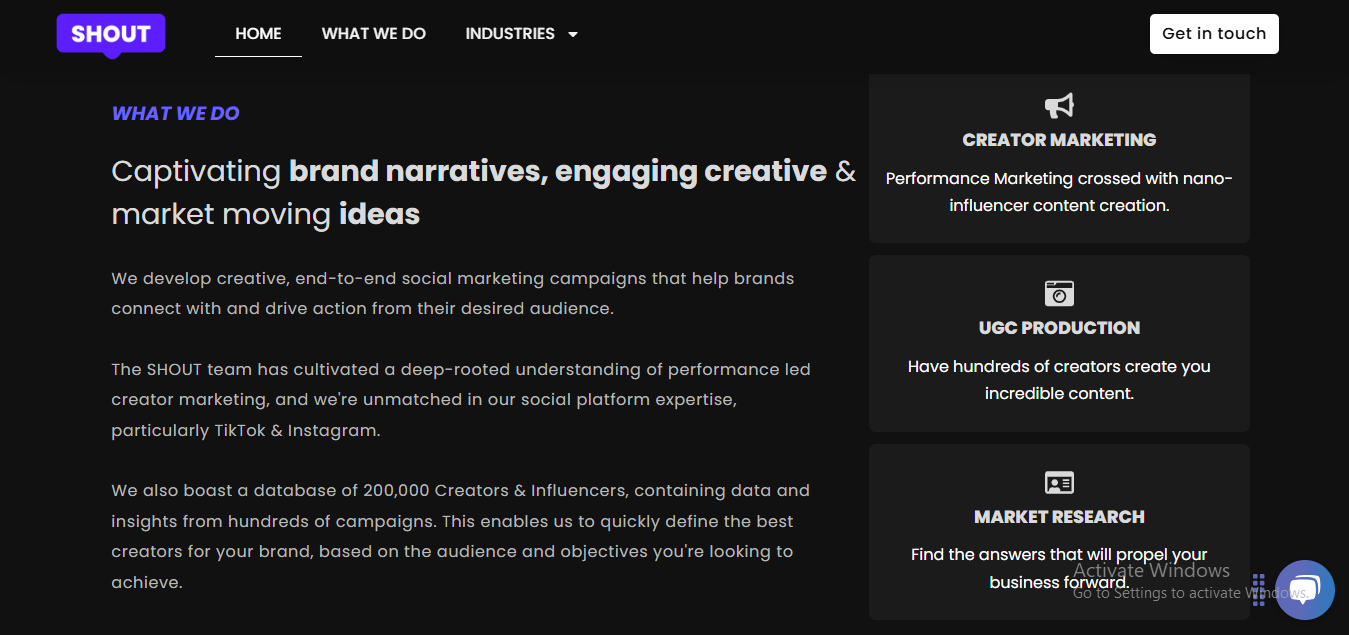
What I Loved: SHOUT Agency is designed with performance in mind. The platform simplifies the process of launching campaigns and provides real-time analytics to optimize performance. It’s particularly effective for brands looking to drive sales through influencer partnerships.
What I Didn’t Love: The platform is relatively new, so it lacks some of the advanced features found in more established competitors.
Pricing: Offers a free trial with custom pricing thereafter.
18. Klear
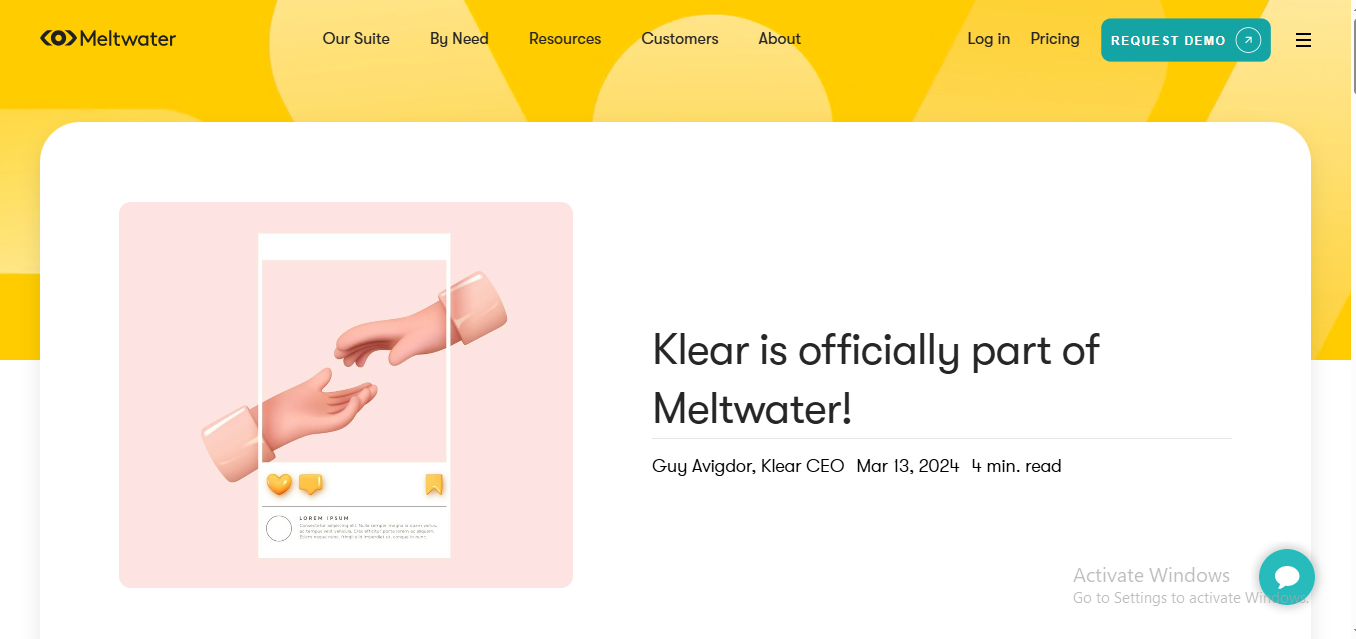
What I Loved: Klear focuses on building genuine relationships between brands and creators. The platform emphasizes authenticity, ensuring that collaborations feel natural and resonate with audiences.
What I Didn’t Love: The platform’s features are more limited compared to others on this list, making it less suitable for large-scale campaigns.
Pricing: Custom pricing based on your needs.
19. InfluencerMarketing.ai (IMAI)
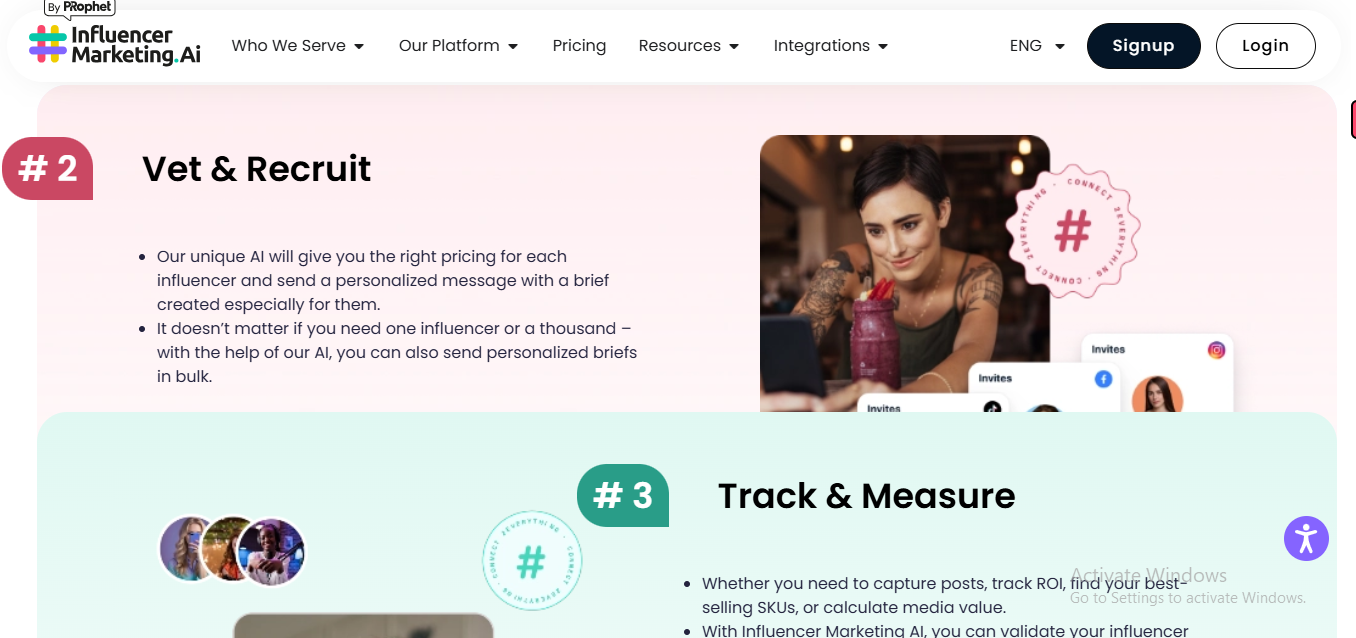
What I Loved: IMAI is like the Swiss Army knife of influencer marketing platforms. It offers a comprehensive suite of tools that cater to every stage of your campaign—from discovery to analytics. The platform’s integration capabilities are top-notch, making it easy to sync with your existing marketing stack.
What I Didn’t Love: The learning curve can be a bit steep for newcomers. Also, the pricing is on the higher side, which might not be ideal for smaller businesses.
Pricing: Custom pricing based on your needs.
20. Traackr
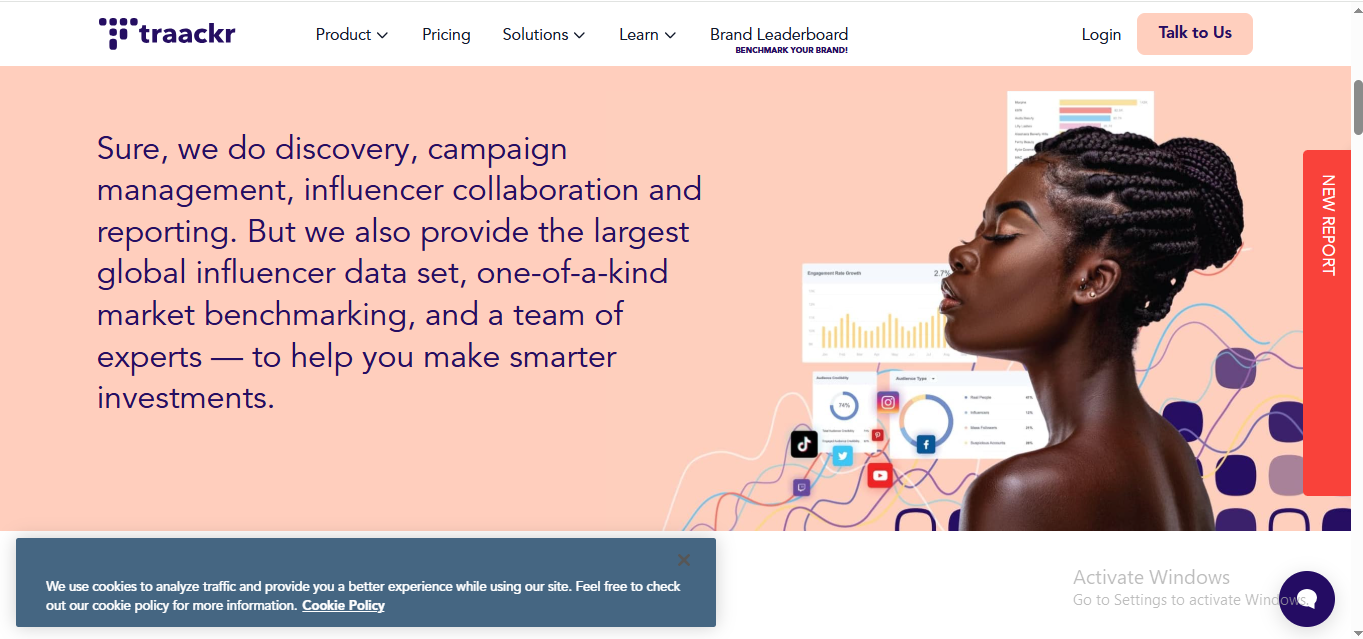
What I Loved: Traackr is all about performance. Their AI-driven platform focuses on driving real sales rather than just vanity metrics. The integration with Shopify is a game-changer for e-commerce brands.
What I Didn’t Love: The platform might be a bit too focused on sales metrics, which could be limiting if you’re looking for broader brand awareness campaigns.
Pricing: Offers a free trial with custom pricing thereafter.
21. Upfluence
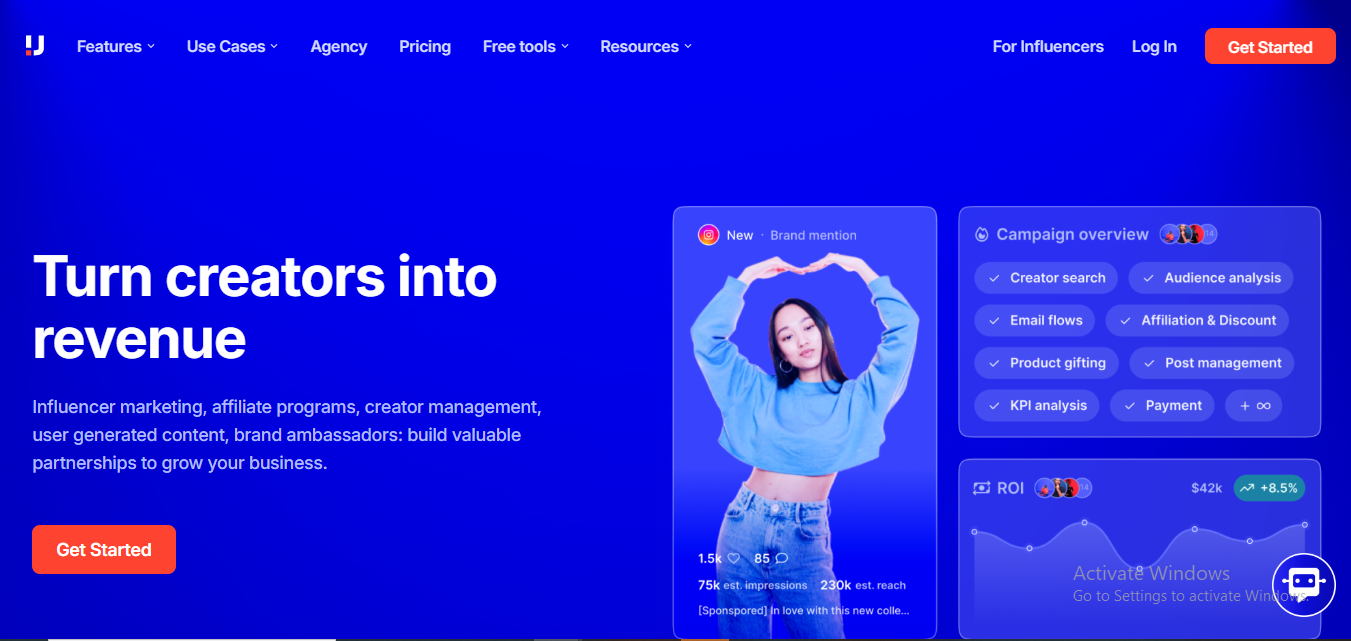
What I Loved: Upfluence offers a robust set of tools that cover everything from influencer discovery to campaign reporting. The AI-powered search filters are incredibly detailed, allowing you to find the perfect match for your brand.
What I Didn’t Love: The user interface could use a bit of modernization. It’s functional but lacks the sleekness of some competitors.
Pricing: Custom pricing based on your requirements.
22. Meltwater
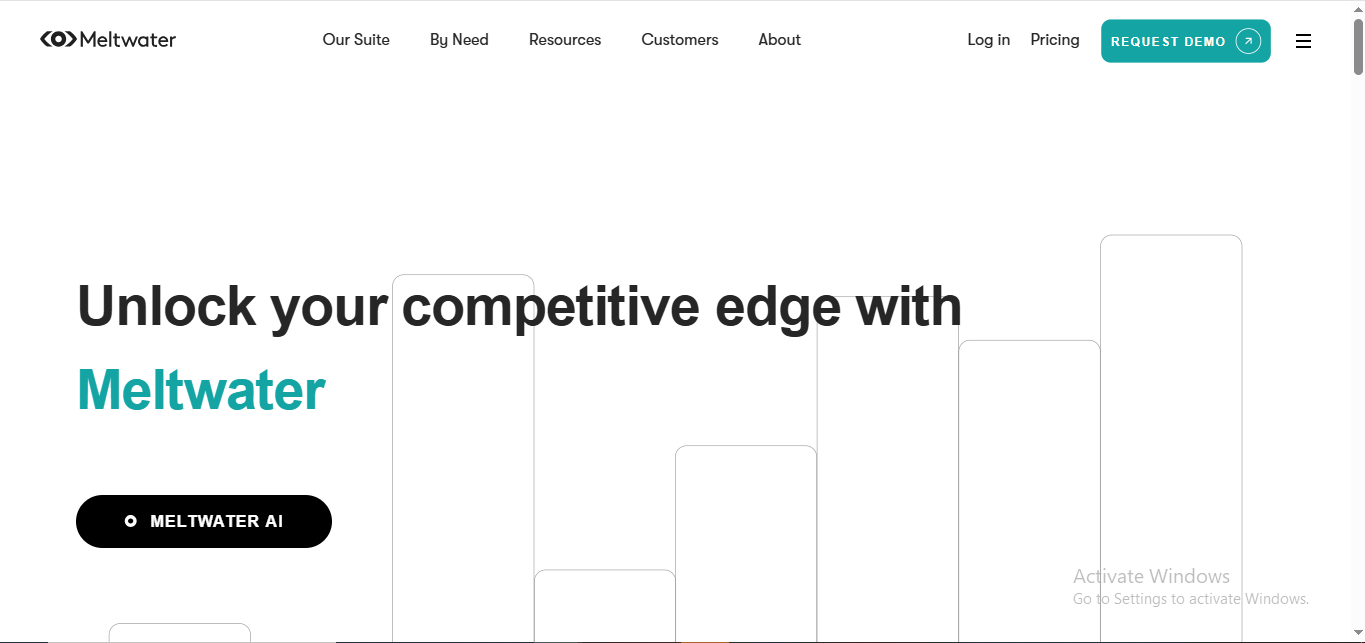
What I Loved: Meltwater is a powerhouse when it comes to managing influencer relationships. The platform excels in streamlining communication and tracking ROI. It’s particularly strong in the e-commerce space.
What I Didn’t Love: The onboarding process can be a bit overwhelming due to the platform’s extensive features.
Pricing: Custom pricing based on your requirements.
23. CreatorIQ
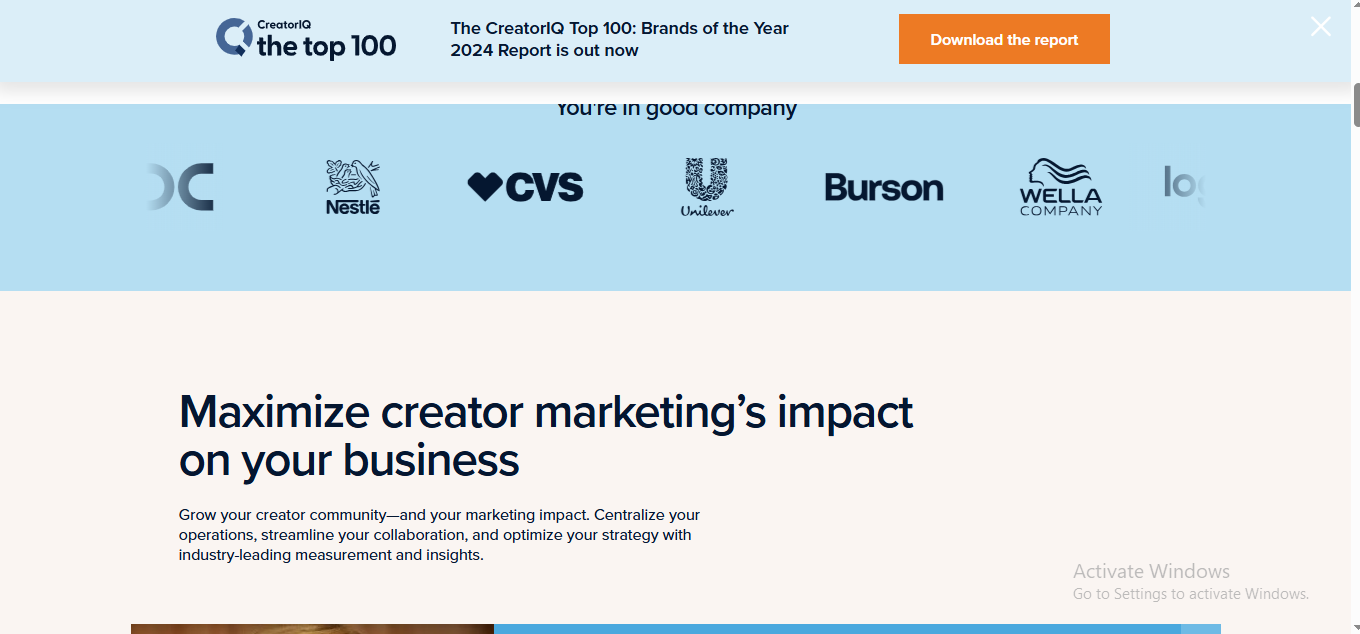
What I Loved: CreatorIQ is like the Swiss Army knife of influencer marketing platforms. It offers a comprehensive suite of tools that cater to every stage of your campaign—from discovery to analytics. The platform’s integration capabilities are top-notch, making it easy to sync with your existing marketing stack.
What I Didn’t Love: The learning curve can be a bit steep for newcomers. Also, the pricing is on the higher side, which might not be ideal for smaller businesses.
Pricing: Custom pricing based on your needs.
24. SHOUT UGC
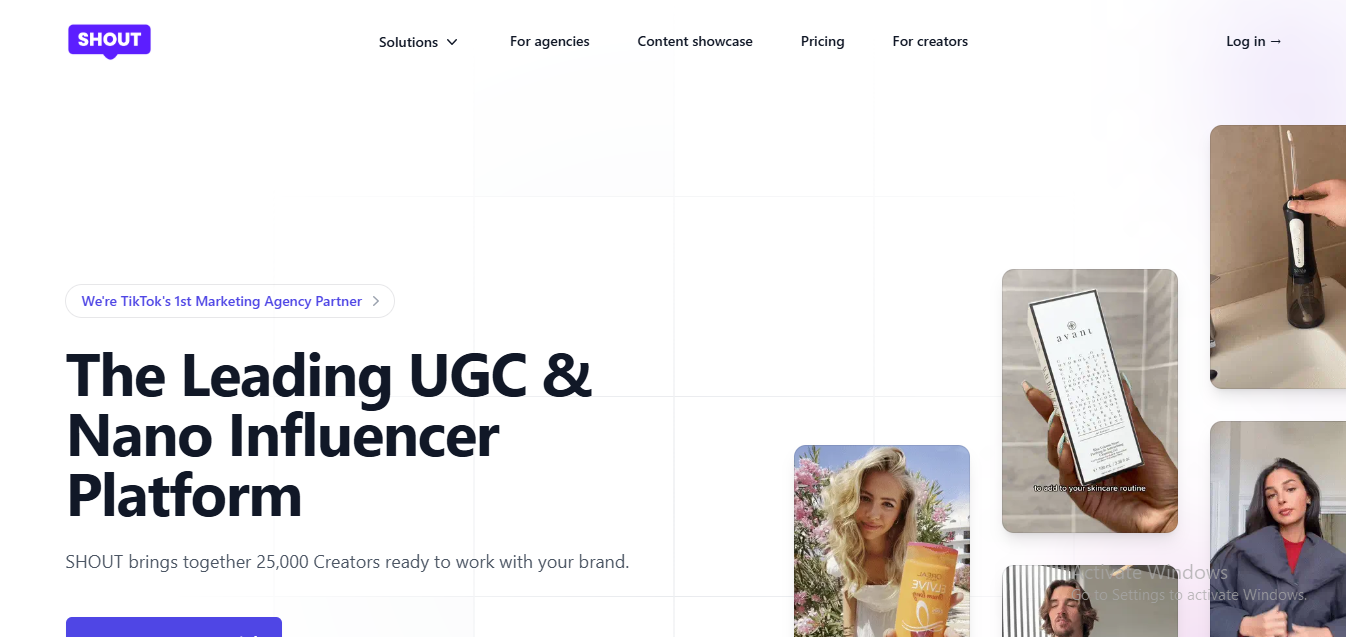
What I Loved: SHOUT UGC is all about performance. Their AI-driven platform focuses on driving real sales rather than just vanity metrics. The integration with Shopify is a game-changer for e-commerce brands.
What I Didn’t Love: The platform might be a bit too focused on sales metrics, which could be limiting if you’re looking for broader brand awareness campaigns.
Pricing: Offers a free trial with custom pricing thereafter.
25. The Social Cat
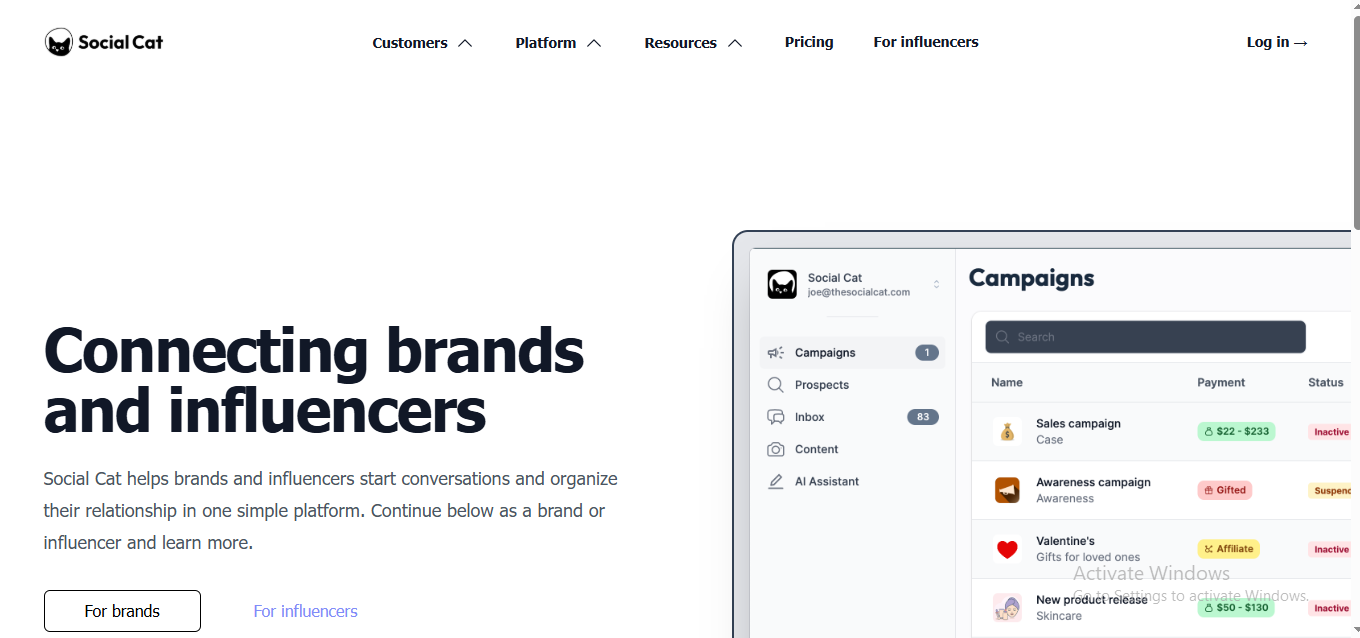
What I Loved: The Social Cat offers a robust set of tools that cover everything from influencer discovery to campaign reporting. The AI-powered search filters are incredibly detailed, allowing you to find the perfect match for your brand.
What I Didn’t Love: The user interface could use a bit of modernization. It’s functional but lacks the sleekness of some competitors.
Pricing: Starts at $168/month, with a 7-day free trial.
26. Popular Pays
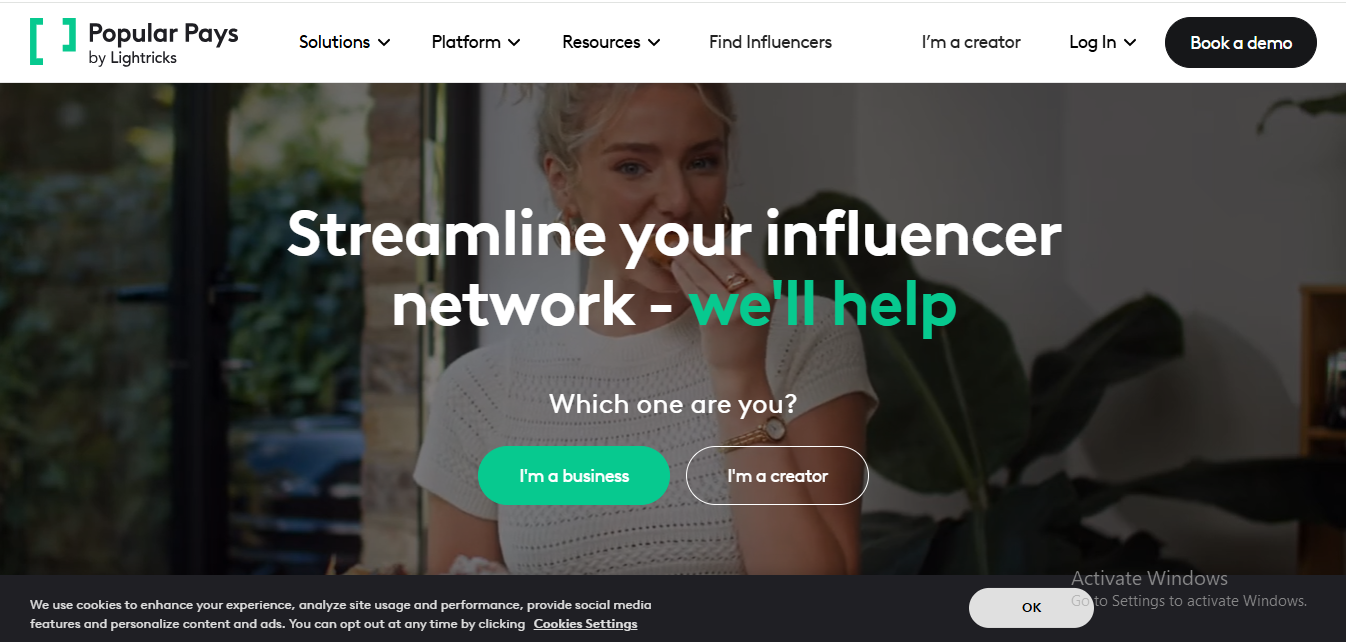
What I Loved: Popular Pays is a powerhouse when it comes to managing influencer relationships. The platform excels in streamlining communication and tracking ROI. It’s particularly strong in the e-commerce space.
What I Didn’t Love: The onboarding process can be a bit overwhelming due to the platform’s extensive features.
Pricing: Custom pricing based on your requirements.
27. Collabstr
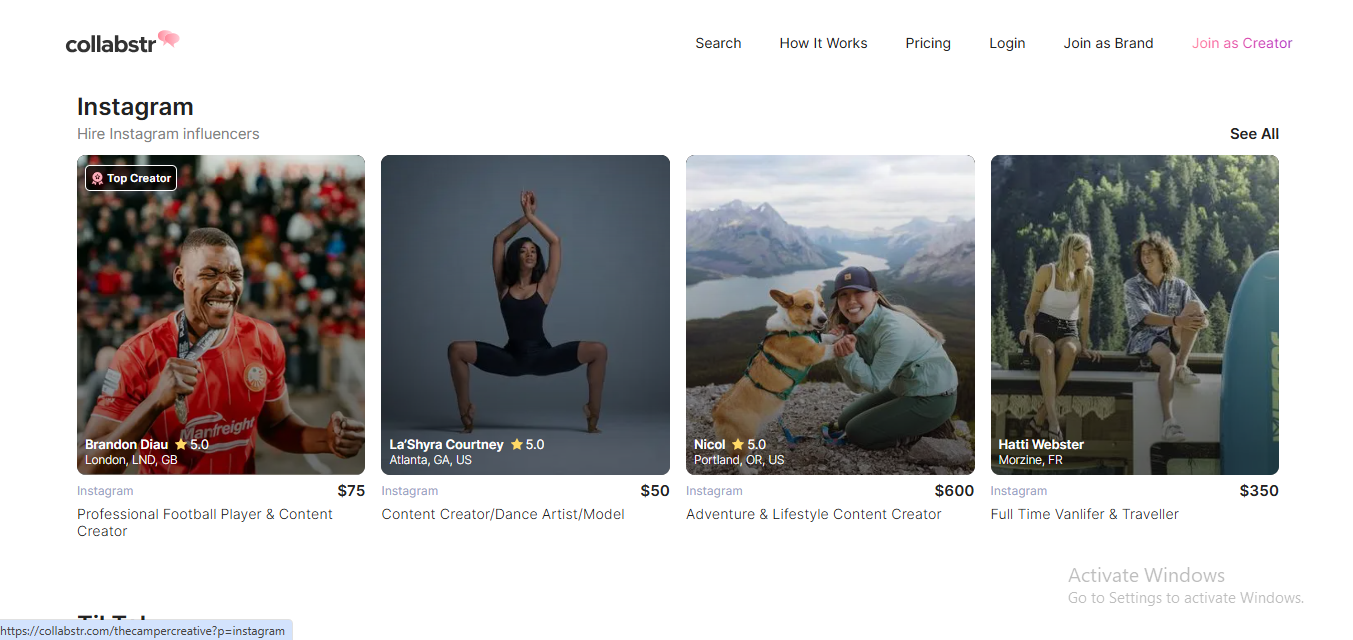
What I Loved: Collabstr stands out with its “Handraise” feature, allowing creators to express interest in your campaigns. This ensures a more authentic collaboration. The platform also offers excellent customer support.
What I Didn’t Love: The creator pool is somewhat limited compared to other platforms.
Pricing: Custom pricing tailored to your campaign needs.
28. Kolsquare
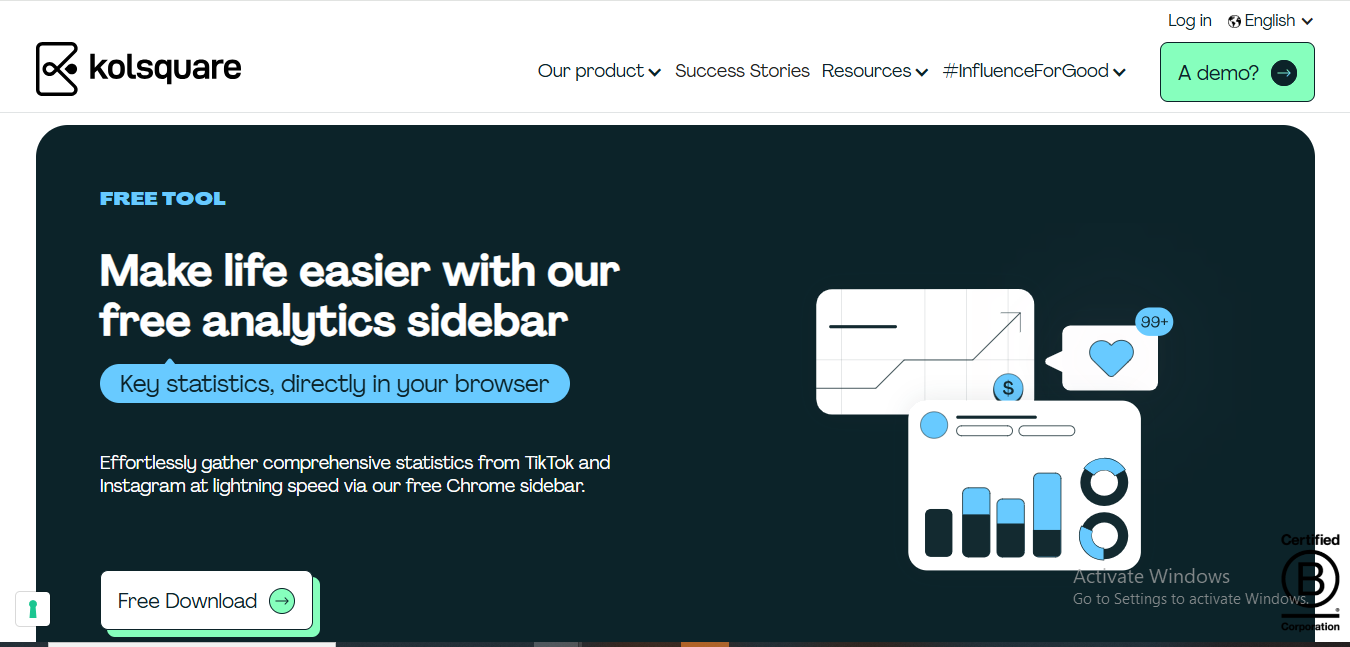
What I Loved: Kolsquare is designed with performance in mind. The platform simplifies the process of launching campaigns and provides real-time analytics to optimize performance. It’s particularly effective for brands looking to drive sales through influencer partnerships.
What I Didn’t Love: The platform is relatively new, so it lacks some of the advanced features found in more established competitors.
Pricing: Offers a free trial with custom pricing thereafter.
29. Brandbassador
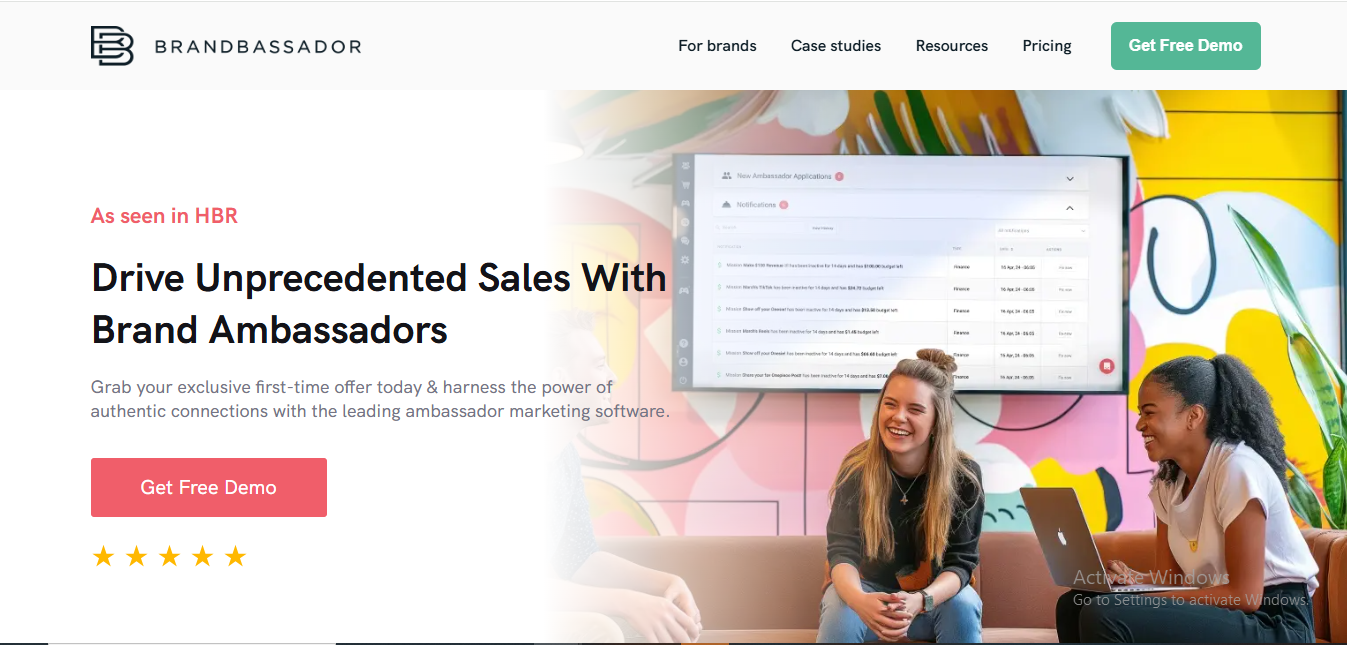
What I Loved: Brandbassador focuses on building genuine relationships between brands and creators. The platform emphasizes authenticity, ensuring that collaborations feel natural and resonate with audiences.
What I Didn’t Love: The platform’s features are more limited compared to others on this list, making it less suitable for large-scale campaigns.
Pricing: Custom pricing based on your needs.
Final Thoughts
Choosing the right influencer marketing platform depends on your specific needs and budget. If you’re looking for a comprehensive solution and have the budget for it, Mavrck is a solid choice. For e-commerce brands focused on performance, The Cirqle and Lolly offer great features. If you’re just starting out or have a limited budget, Influencity provides a good balance of features and affordability.
- Best Lusha Alternatives for 2025 - April 22, 2025
- Best Overloop Alternatives for 2025 - April 22, 2025
- Best 6sense Alternatives for 2025 - April 22, 2025

